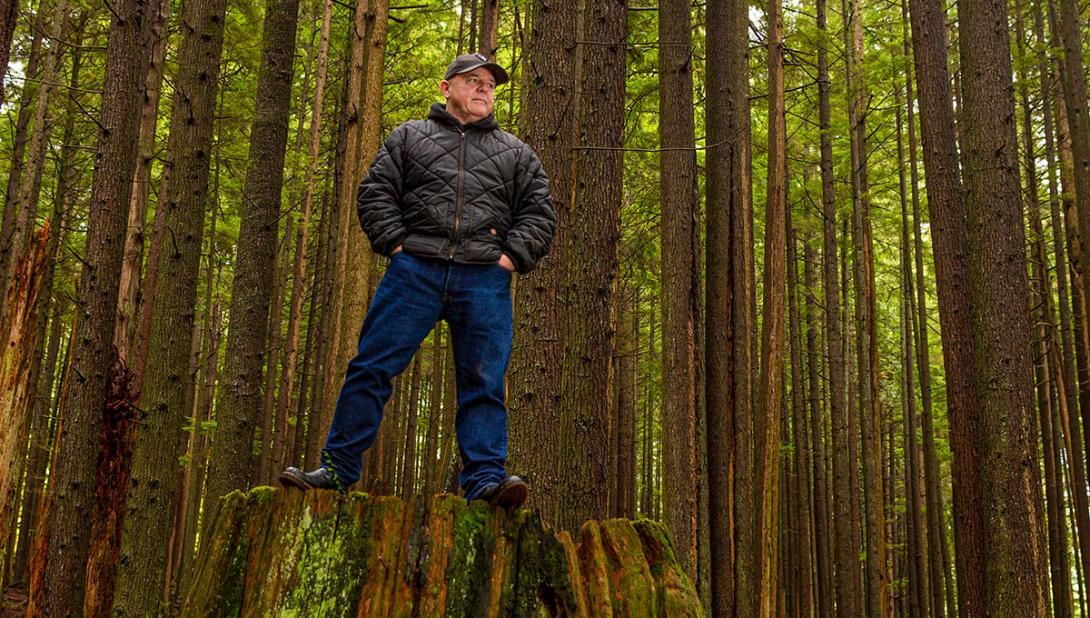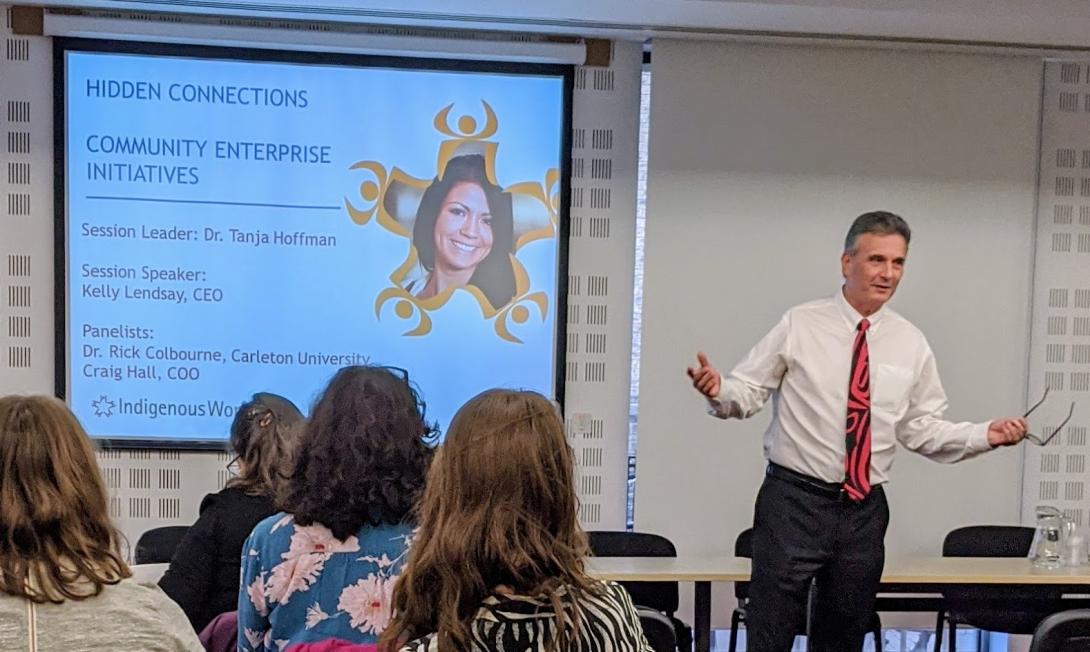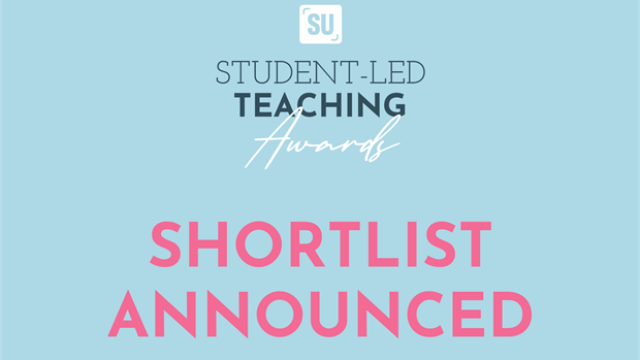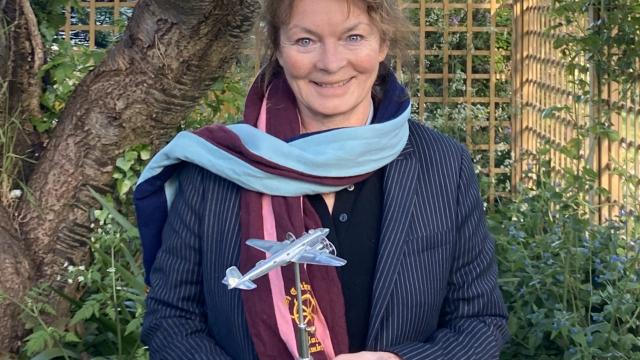
St Catharine’s alumnus Professor Rick Colbourne (2004, Management Studies) is an Algonquin Anishinaabe member of the Mattawa/North Bay Algonquin First Nation. Since completing his PhD at the University of Cambridge’s Judge Business School, he has returned to Canada and is now Associate Dean for Equity and Inclusive Communities, and Assistant Professor, Indigenous Leadership and Management, at Carleton University’s Sprott School of Business.
Professor Colbourne has worked closely with colleagues across Canada and also in Cambridge to support the development of Luminary, a new initiative that seeks to create the most impactful network and programme of its kind in the world, where academia and Indigenous business pursue research and innovations for economic transformation, employment and wellbeing.
The United Nations commemorates the International Day of the World’s Indigenous Peoples on 9 August each year. The United Nations estimates that there are over 476 million indigenous people living in 90 countries across the world and they are nearly three times as likely to be living in extreme poverty compared to their non-indigenous counterparts.
To coincide with commemorative activities this year, we took the opportunity to find out about the Luminary initiative, how it came about and what role Professor Colbourne and others have played so far.
About the Luminary initiative
Luminary is the name of an initiative to advance Indigenous innovation as a catalyst for economic transformation, employment and wellbeing in Canada. The Luminary Network has over 150 partners including over 80 universities, colleges and business schools; over 50 Indigenous businesses and number of NGO and mainstream business partners. In 2021 the partners co-created the Luminary Strategy, which consists of eight streams and 23 programmes with particular emphasis on:
- building the commercial innovation capacities of Indigenous businesses,
- increasing Indigenous-led research,
- building an Indigenous Student Research Network and
- developing Indigenous innovation collaborations.
Luminary’s historical context
In 1996 the Royal Commission on Aboriginal Peoples published 440 recommendations calling for sweeping changes to the relationship between Indigenous and non- Indigenous people and governments in Canada. Two years later, and as a result of these recommendations, Indigenous Works, formerly the Aboriginal Human Resource Council of Canada, was founded as a non-profit national organisation with a mandate to improve the inclusion and engagement of Indigenous people in the Canadian economy.
Today, Indigenous Works is an ISO certified Indigenous organisation developing new and unique approaches to address the socio-economic gap. Canada has more to do: the National Indigenous Economic Development Board noted in 2019 that ‘no substantive changes have been made in the main socio-economic gaps which characterise Indigenous circumstances today’.
Professor Colbourne explains, “Under Canada’s legacy of settler colonialism, Indigenous peoples were subject to forces of colonisation and subjugation by merchants, traders, states and churches focused on diminishing and eradicating Indigenous cultures, practices and identities. The effects of colonisation deprived Indigenous peoples of access to and collective ownership of the natural resources of their traditional territories, undermined unique cultures, languages and religions and delegitimised their economies. Postcolonial governments exacerbated these negative effects by supporting and advancing non-Indigenous interests over those of Indigenous peoples. Indigenous communities across Canada are asserting sovereignty over traditional territories to promote self-governance and self-determination to facilitate socioeconomic health and well-being on their own terms. Indigenous leaders have made abundantly clear that academic researchers have traditionally been viewed with distrust as they have been complicit in colonisation.
“But now, post-Canada’s Truth and Reconciliation Commission and the UN Declaration on the Rights of Indigenous Peoples, there is a fresh opportunity to rethink how non-Indigenous governments, corporations and communities can partner with Indigenous communities to facilitate mutually beneficial success with Indigenous communities on their own terms. Indigenous scholars, businesses, innovators and Elders are joining Luminary on an unprecedented scale, thanks to the vision of Kelly Lendsay, President and CEO of Indigenous Works. I am genuinely hopeful that Luminary will deliver more benefit for Indigenous communities than other similar initiatives have ever managed in the past.”
When Indigenous Works began developing the Luminary initiative in 2021, two issues were front of mind:
1. A significant gap currently exists between post-secondary research institutions and the Indigenous community, and there are systemic barriers to growing Indigenous-led research.
2. Indigenous communities lack the means to mobilise new research knowledge and innovate new products, services and value creation which can grow and transform Indigenous economies. Research and innovation investments not only lead to stronger business and industry competitiveness, but they also enable new product and market expansions, and create jobs.
The first year of the Luminary initiative
Indigenous leaders and communities and other key stakeholders have contributed each step of the way as the Luminary initiative began to take shape. In addition to completing a comprehensive strategy in 2021, Luminary launched an Indigenous Innovation pilot project in Indigenous Agri-foods and business. One of the key outputs is a mapping of the Indigenous agri-business space in Canada. A research study focused on the educational and career experiences of Indigenous postgraduate students was also launched with a series of sharing circles. This research continues throughout 2022 and Indigenous Master’s and PhD students are invited to join one of these sharing circles. Finally, Fulbright Canada and Luminary are seeking new funds to expand Indigenous student research and build a student network.
Professor Colbourne has been involved in both in an institutional and individual capacity from Luminary’s inception. With his fellow Luminary Partners, he helped develop the Luminary Strategy and presented at the online National Luminary Gatherings. He has supported the Memorandum of Understanding (MoU) between Indigenous Works and the Sprott School of Business, designed to advance workplace inclusion and the Luminary initiative. When the MoU was announced in April 2021, he said:
“Post-secondary business schools must engage in reconciliation and Indigenisation initiatives but lack basic insights and understandings of, and experience in, partnering with Indigenous communities and organisations. This partnership will provide insights into, and a model for, developing Indigenous/post-secondary business school partnerships that move beyond Indigenous inclusion towards reconciliation Indigenisation strategies – that move away from assimilatory academic practices towards changing how non-Indigenous academic leaders, faculty, staff, students and other stakeholders think and act toward Indigenous peoples.”
One of the partners working alongside Professor Colbourne on the Luminary initiative is Dr Tanja Hoffmann, Affiliated Lecturer at the University of Cambridge’s Department of Archaeology and Affiliated Member at the Cambridge Heritage Research Centre. Dr Hoffmann is a non-Indigenous researcher who grew up in a mining community in northern Canada in Katlodeeche First Nation territory. She met Professor Colbourne when she was a postdoctoral researcher working on a national study for Indigenous Works on how Indigenous and non-Indigenous organisations and groups can establish meaningful partnerships. She explains:
“I am proud to be involved in the ‘growing research collaborations’ theme, one of the eight themes identified by the Luminary initiative: we are looking to offer ‘match-making’ services to connect Indigenous communities and their research needs with post-secondary research institutions, and to conduct research into ways of improving and growing meaningful research collaborations between Indigenous communities and businesses and research institutions. I am currently developing the scope of work and budget to enable us to deliver these activities – Luminary is unique in Canada and internationally – it is charting new territory so watch for new developments in this space!”
In 2019, Professor Colbourne joined Kelly Lendsay and Dr Hoffmann at the University of Cambridge to share and discuss Indigenous innovation and creation of new Indigenous innovation eco-system. They conducted forums and examined how innovation could advance Indigenous wellbeing in Canada and around the world.
How do members of St Catharine’s explore the themes raised by Luminary?
Dr Hoffmann recommends contacting the Indigenous Studies Discussion Group (ISDG) in Cambridge, which was officially recognised as a CRASSH (Centre for Research in the Arts, Social Sciences and Humanities) network in 2021. The Group’s aims are two-fold: to promote scholarship by and about Indigenous Peoples across disciplines and geographies to be a regular feature of the intellectual life of Cambridge, and to promote the sharing and discussion of insights and ideas pertaining to Indigenous studies across Peoples, disciplines, times and geographies.
The ISDG will host a conference on 22–23 September 2022 on the theme ‘Indigenous Studies in the United Kingdom & Europe: Pasts, Presents and Futures’. Further information is available from the ISDG website.
If current or prospective St Catharine’s students are interested about working with Indigenous communities on a research question or Indigenous Studies, you can also contact the Cambridge Heritage Research Centre at heritage@arch.cam.ac.uk or Dr Hoffmann at th510@cam.ac.uk.





